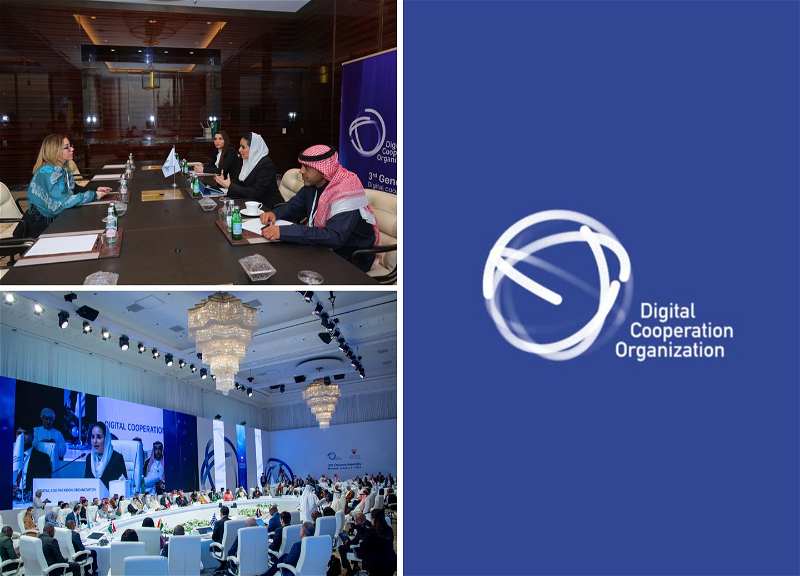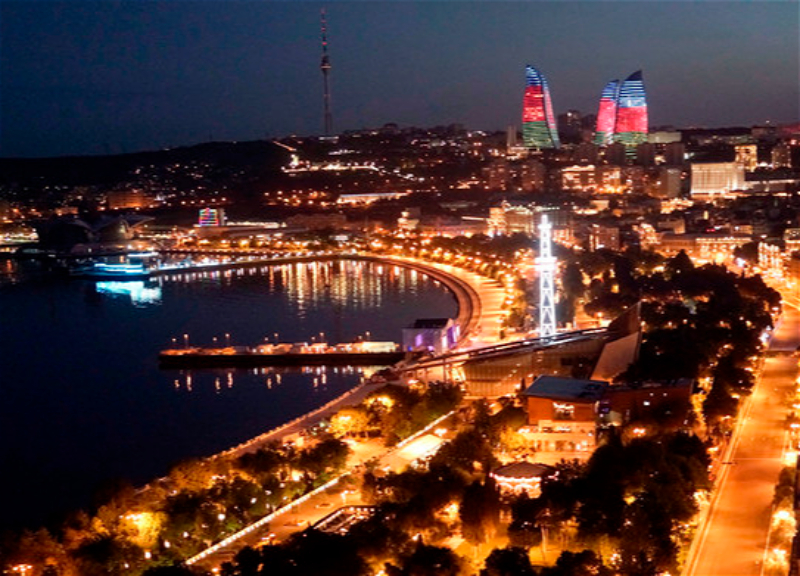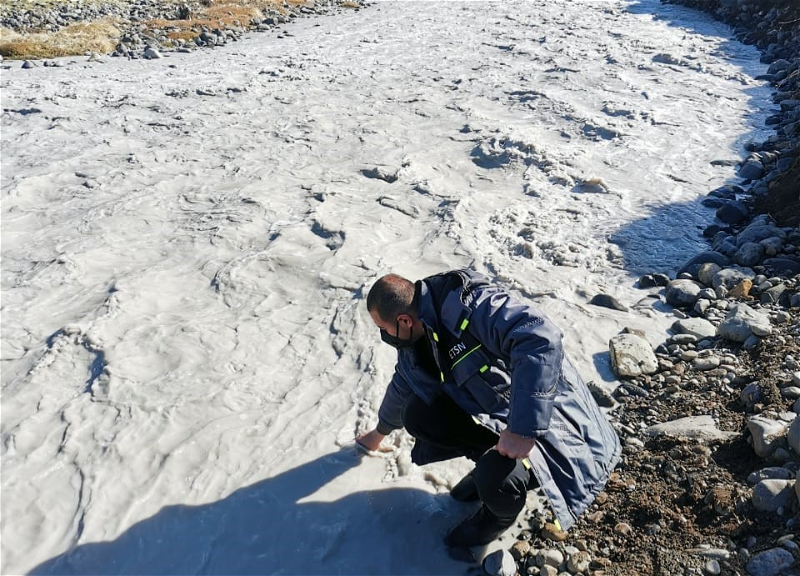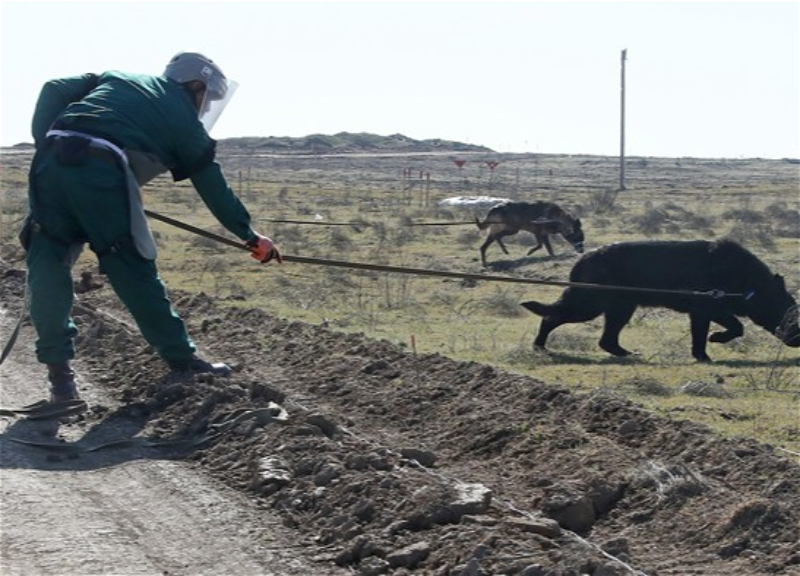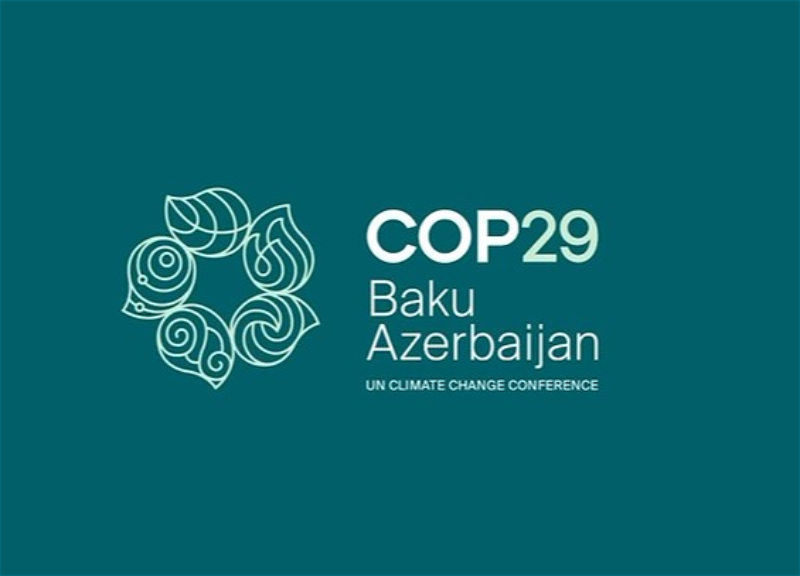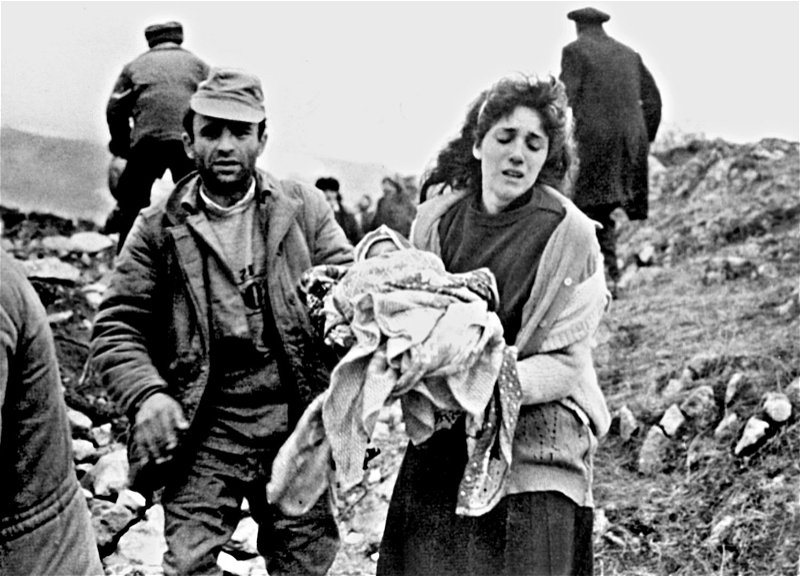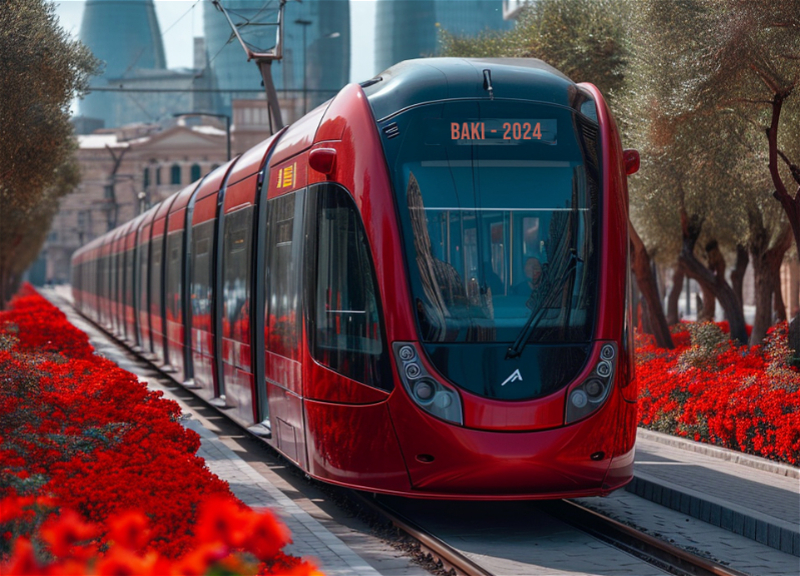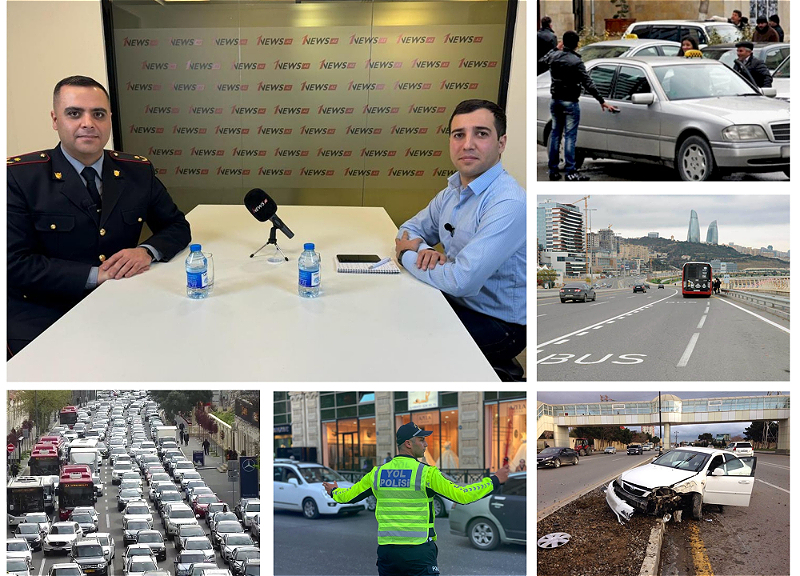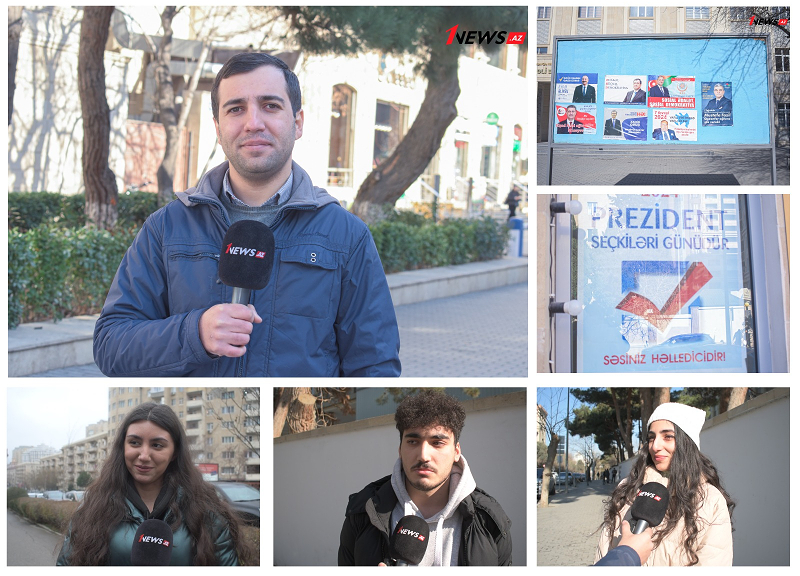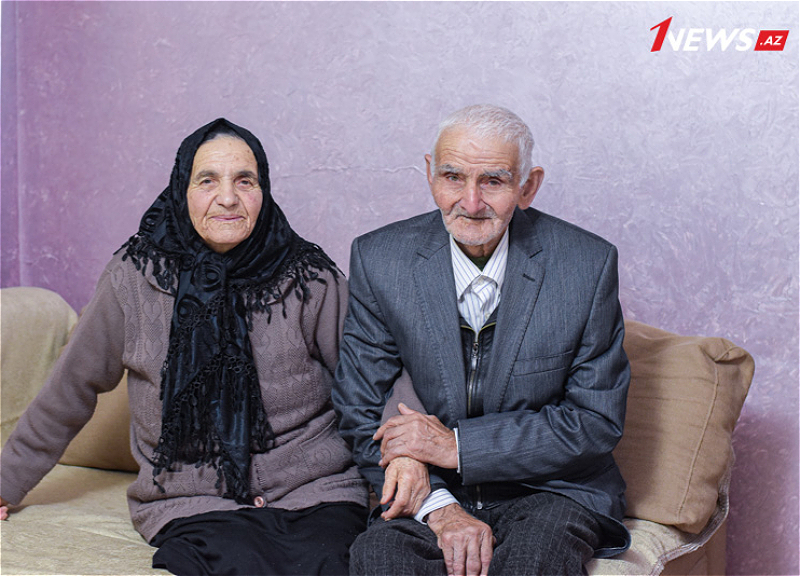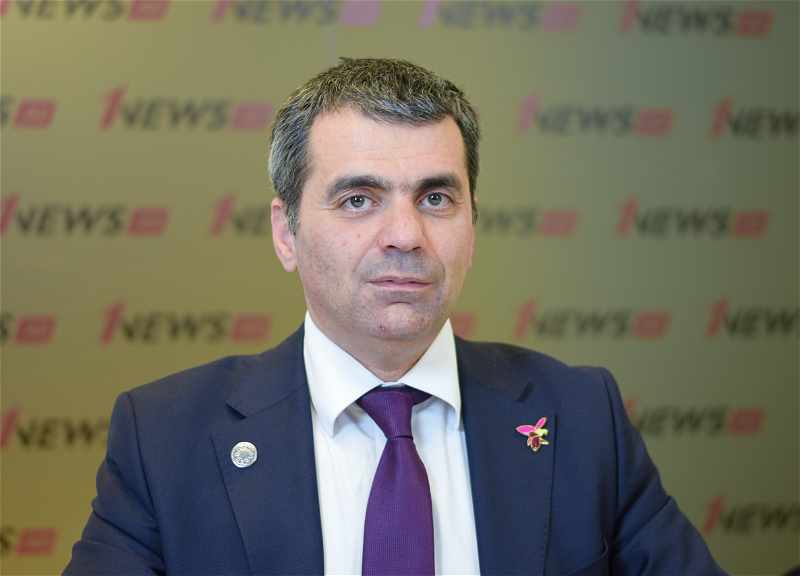Why Azerbaijan matters for the West - The Washington Times
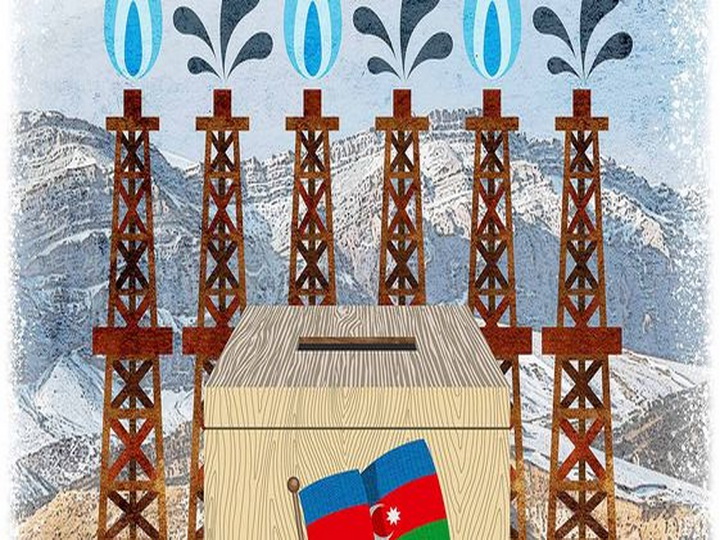
By Janusz Bugajski
On April 11, the people of Azerbaijan will be voting in presidential elections on the eve of a major milestone in the country’s history.
May 2018 is the centennial anniversary of the independent Azerbaijan Democratic Republic, established after the collapse of the Russian Empire but crushed by Soviet forces two years later. Modern Azerbaijan is the inheritor of the first independent state and maintaining its sovereignty is key to security in the South Caucasus and adjoining regions.
Since regaining independence in October 1991, Azerbaijan has become a bridge between several regions as well as an energy and transportation hub, important for Europe, Russia, Central Asia, the Middle East and the United States.
Azerbaijan is at the heart of Europe’s gateway to Central Asia and a critical transportation and over-flight zone for NATO supplies in its military operations in Afghanistan. With the newly developed transportation corridors, Azerbaijan will have a central position in the Silk Roads between China and Europe.
Following the “contract of the century” in 1994, when a consortium of foreign oil companies, led by BP, entered a production-sharing agreement to develop Azerbaijan’s Caspian oil reserves, the country has channeled its oil exports westward. This was a strategic choice for Azerbaijan in an effort to seek alliances and gain prominence in the West, a choice that aimed to balance the influence of foreign powers in the country and thereby ensure its security.
Azerbaijan has been a source of attraction for American business. U.S. companies, including, Exxon, Unicol, Amoco, Chevron, McDermott, Halliburton and Boeing earned billions of dollars in the country benefiting from favorable economic conditions during the years of independence. AmCham (American Chamber of Commerce in Azerbaijan) has organized visits by these companies for several years and supported cooperation with local business.
Next year, Azerbaijan will start the first deliveries of natural gas to Europe, launching the Southern Gas Corridor from the Caspian Sea to Italy via Georgia, Turkey, and the Balkans, thus making an essential contribution to Europe’s diversification of gas supplies. The $40-billion investment in three major pipelines that form the Southern Gas Corridor was made possible because of the strategic vision of Azerbaijan’s government and the commitment of its business partners, first of all BP.
In the South Caucasus, Azerbaijani gas supplies have remained critical for Georgia to ensure its energy independence and thereby contributes directly to regional stability.
Since the 1990s war with Armenia over Azerbaijan’s region of Nagorno-Karabakh, almost 20 percent of the country’s territory remains occupied by Armenia including seven Azerbaijani districts surrounding Nagorno-Karabakh. The number of Azerbaijani refugees and IDPs displaced from occupied territories is above one million.
Twenty-five years of international mediation to resolve the conflict and return the territories to Baku’s jurisdiction have proved unsuccessful. Four resolutions (822, 853, 874 and 884) adopted by the U.N. Security Council in 1993 regarding the Nagorno-Karabakh conflict, which confirm that Azerbaijan territories are occupied by Armenian armed forces, remain unimplemented.
As the South Caucasus is developing into a strategic hub for Europe, the international implications of the Nagorno-Karabakh conflict are becoming more significant, particularly for the security of volatile nearby regions between the Middle East and Central Asia. The time has come for key international actors, particularly the US and the EU, to press for a settlement by beginning the process of returning occupied lands to Azerbaijan, enabling displaced people to return to their homes, and demilitarizing a region where dozens of soldiers and civilians from both sides perish in skirmishes each year.
Azerbaijan remains a non-aligned state, a policy adopted to protect its sovereignty in a region beset by power struggles between foreign actors. Azerbaijan has upheld cordial relations with Russia without joining any regional military structures. It has also maintained cooperation with the EU and NATO to help stabilize the Caspian and Black Sea basins.
Azerbaijan’s government is seeking to balance the country’s security, sovereignty and economic growth with the demands of building a democratic society. In gaining more significant Western support, Baku can demonstrate that free speech and pluralism will be a cornerstone of its democratic development.
Conversely, Azerbaijan can underscore its domestic accomplishments. By giving women the right to vote, the first Azerbaijani state became one of the first countries in the world, and the first majority-Muslim nation, to grant equal political rights to men and women. Women play a critical role in every walk of life in modern Azerbaijan, which has upheld secularism as one of its foundations and is a model for other Muslim-majority countries.
In the current regional climate, with an unresolved long-term conflict within its territory, an ongoing crisis between neighboring countries, with the danger of regional terrorism and Islamic radicalization, Baku’s primary goal must be to maintain national independence and regional stability. The upcoming presidential elections will enable Azerbaijan’s citizens to express their verdict on the government’s achievements.
Janusz Bugajski is a senior fellow at the Center for European Policy Analysis (CEPA) in Washington DC. His most recent book, co-authored with Margarita Assenova, is “Eurasian Disunion: Russia’s Vulnerable Flanks” (Jamestown Foundation, 2016)
